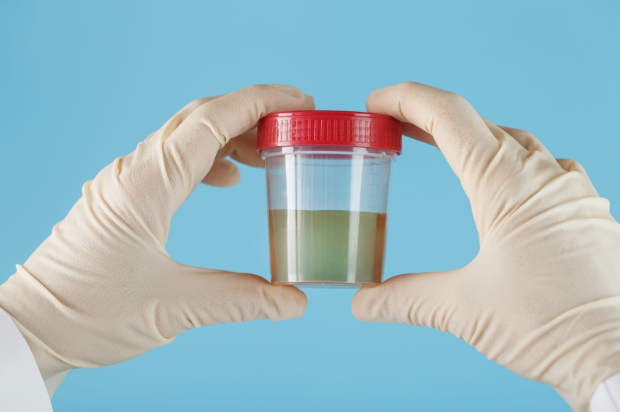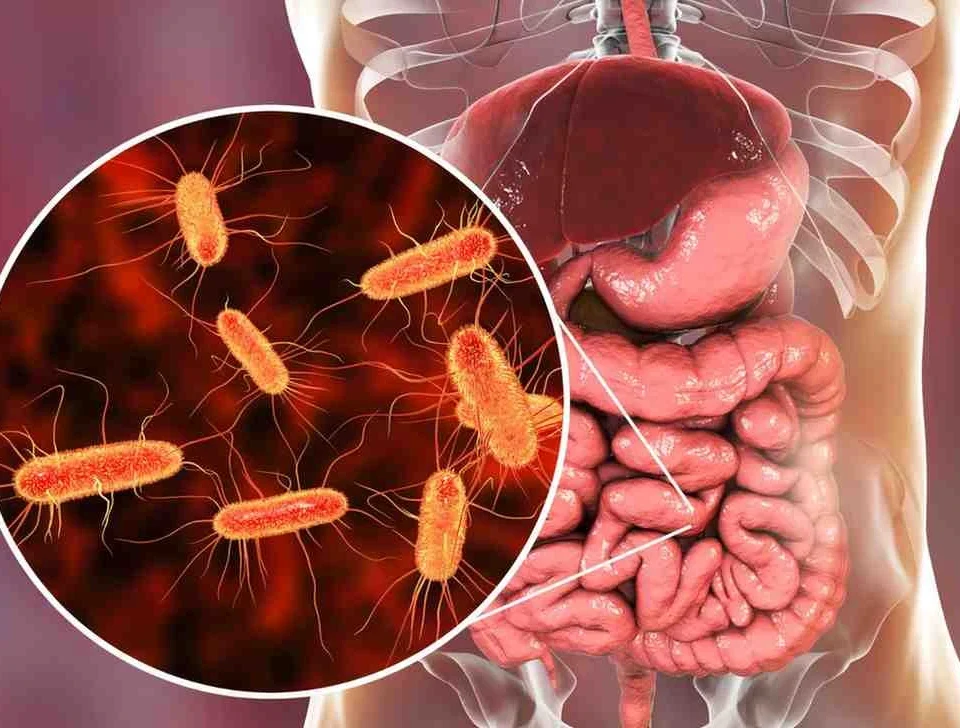
What is Fecal Microbiota Transplantation (FMT)?
April 7, 2025
What Is ERCP?
April 22, 2025What causes diarrhea?

Diarrhea is a common gastrointestinal disorder caused by various factors. It is a condition characterized by frequent, loose, or watery stools. The symptoms include abdominal cramps, nausea, and dehydration. Knowing the cause of diarrhea helps in its prevention and proper treatment. Below, we outline the main causes of diarrhea and offer insights into how to manage and avoid this condition.
Bacterial Infections
Bacteria such as Escherichia coli (E. coli), Salmonella, Shigella, and Campylobacter are leading causes of diarrhea. These bacteria are often contracted through contaminated food or water. Symptoms of bacterial infections may include severe stomach pain, fever, and vomiting in addition to diarrhea.
Viral Infections
-
Other viruses that cause diarrhea include Norovirus, Rotavirus, Adenovirus, and Hepatitis A. These infections are very infectious and acquire a wide source through contact with infected persons or contaminated surfaces.

Protozoal Infections
The bacteria includes Giardia lamblia, Cryptosporidium, and Entamoeba histolytica. These lead to diarrhea when ingested through contaminated water or food. Such infections are also prevalent in areas where sanitation is poor and often associated with travel-related diarrhea.
Food Poisoning

Foodborne illnesses come from eating improperly prepared food carrying harmful bacteria, viruses, or toxins. Often, symptoms take place quickly after consumption and present with nausea, vomiting, pain in the stomach, and diarrhea. Common food culprits include undercooked meats, unpasteurized dairy, and improperly stored foods.
Lactose Intolerance
People with lactose intolerance have insufficient amounts of lactase, the enzyme required to break down lactose, which is found in dairy products. This causes bloating, gas, and diarrhea when one consumes dairy.
Irritable Bowel Syndrome
IBS is a chronic condition that affects the digestive tract and usually results in alternating episodes of diarrhea and constipation. Stress, diet, and hormonal changes can exacerbate symptoms.
Inflammatory Bowel Disease (IBD)
Crohn's disease and ulcerative colitis lead to chronic inflammation of the intestines, resulting in persistent diarrhea, abdominal pain, weight loss, and fatigue. These are serious medical conditions that often require GI Consult for accurate diagnosis, long-term care, and personalized treatment.

Antibiotics
Antibiotics upset the balance of beneficial gut bacteria. Sometimes, the overgrowth of Clostridium difficile bacteria leads to Fecal Microbiota Transplantation (FMT). For recurrent or severe cases, FMT is an advanced treatment option that restores healthy gut flora.
Artificial Sweeteners and Additives
Other sugar-free gum, candies, and drinks contain sorbitol, mannitol, and xylitol, which is a laxative and will result in diarrhea when taken in high amounts.
Stress and Anxiety
The psychological effects of stress and anxiety can cause damage to digestive health. Stress-diarrhea results from the production of hormones in the body, which promotes fast bowel movement.
Food Allergies and Sensitivities
Some food allergies will cause diarrhea during an allergic reaction. For instance, people suffering from gluten allergies, nut allergies, shellfish allergies, and egg allergies are prone to having diarrhea. For others, individuals suffering from celiac disease develop diarrhea after the intake of food that contains gluten.
Medications




